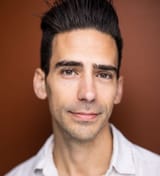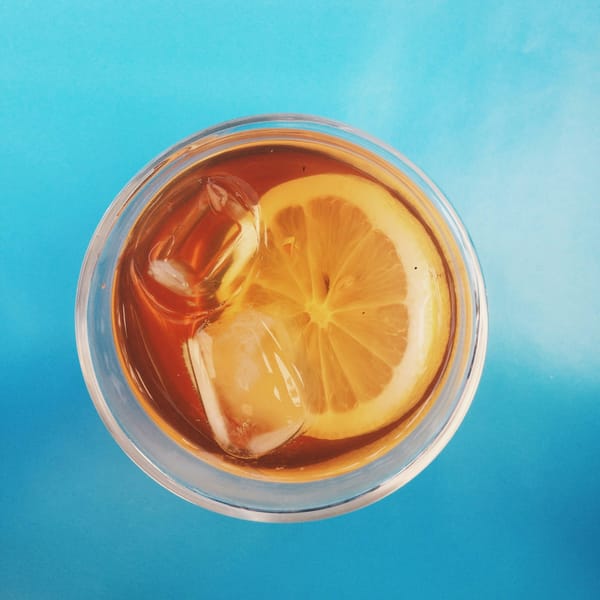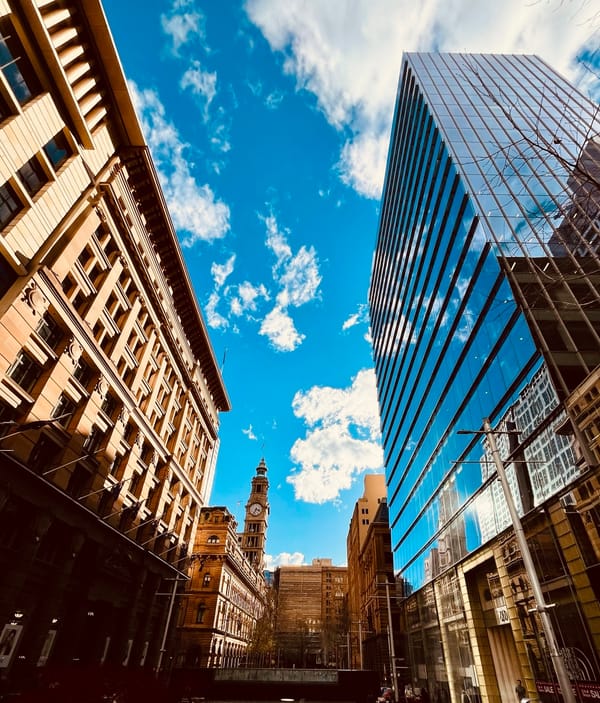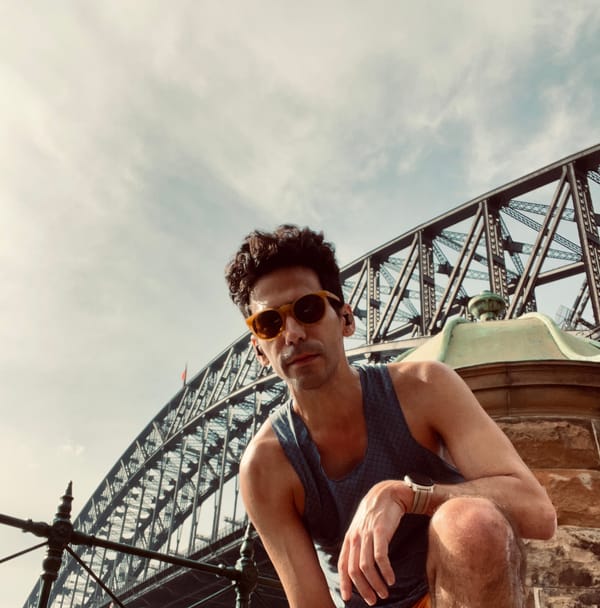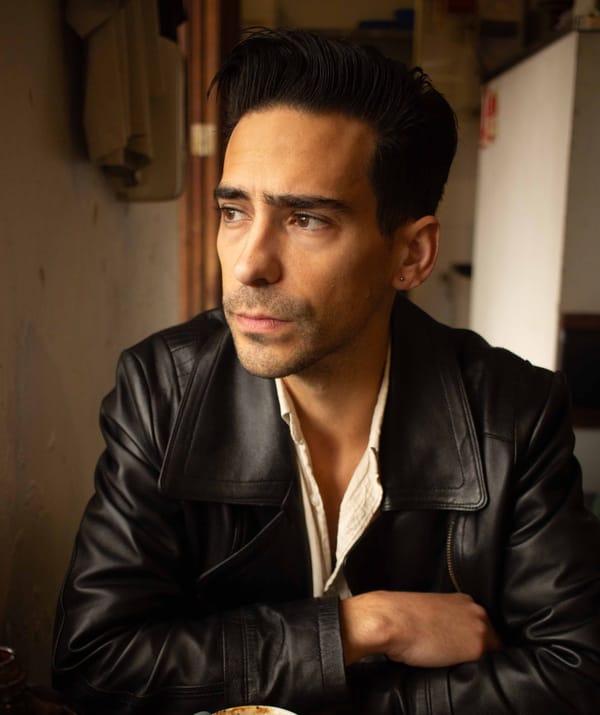Why we need art
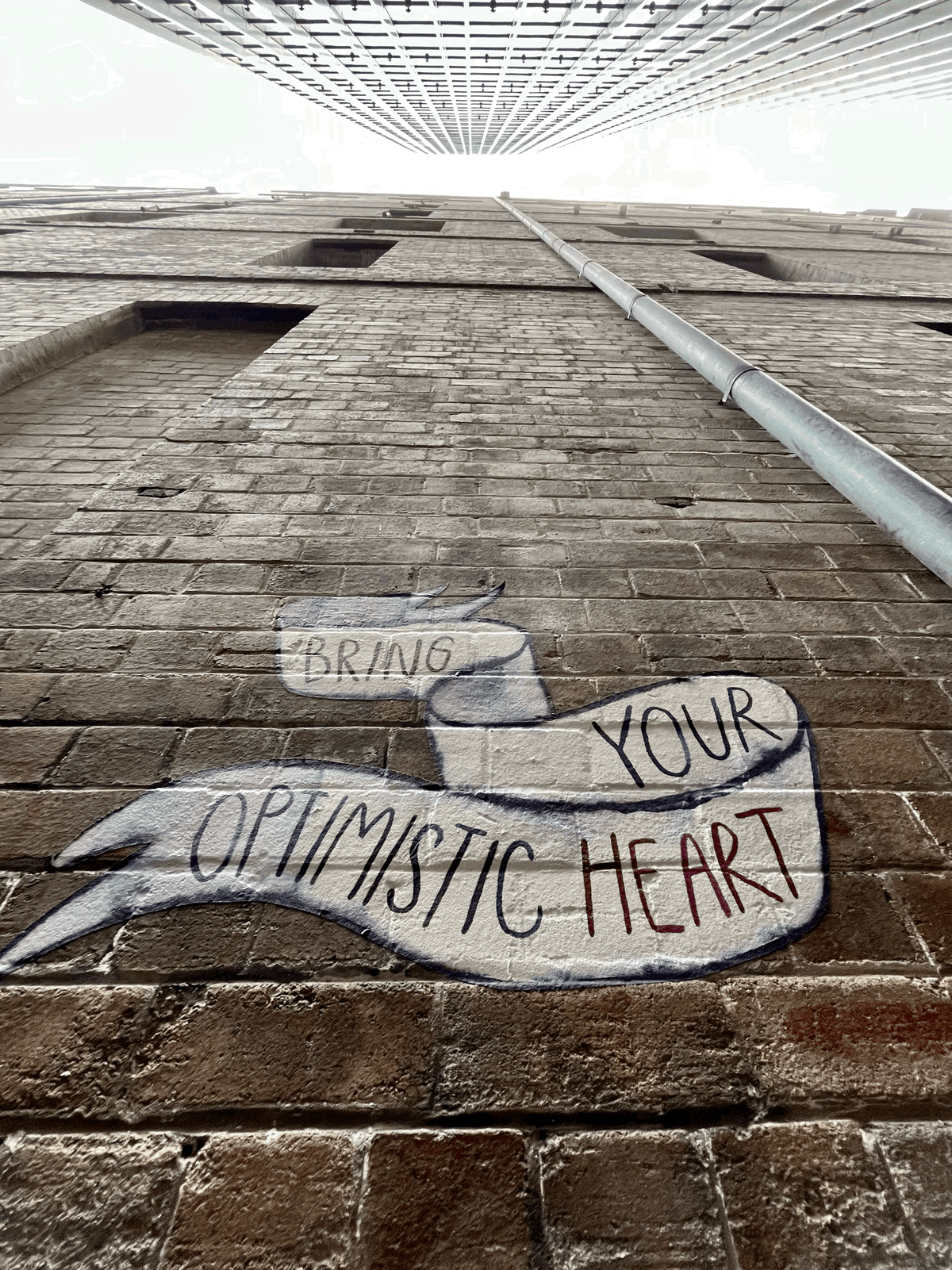
We need you, artists. We need you badly.
I’ve been a storyteller for two decades: from behind and in front of the camera, on the page, and behind the mic. I’ve lived on two different continents and in a dozen cities. One thing remains constant no matter where I go, no matter who I talk to.
Information is power, but art makes meaning.
When people are angry and desperate, this is a five-alarm fire. People aren’t easily amenable to change, they tend to cling to what they know. But when they are desperate or afraid they may consider something outside the box.
In this moment if the best among us cannot speak directly to people’s concerns and provide moral clarity, someone else with far worse intentions will.
This is why good journalism matters. It's why books, TV, film, music, and museums matter. We need all these keys for a functioning society. Not just one of them. Information is power, but art helps us make sense of things.
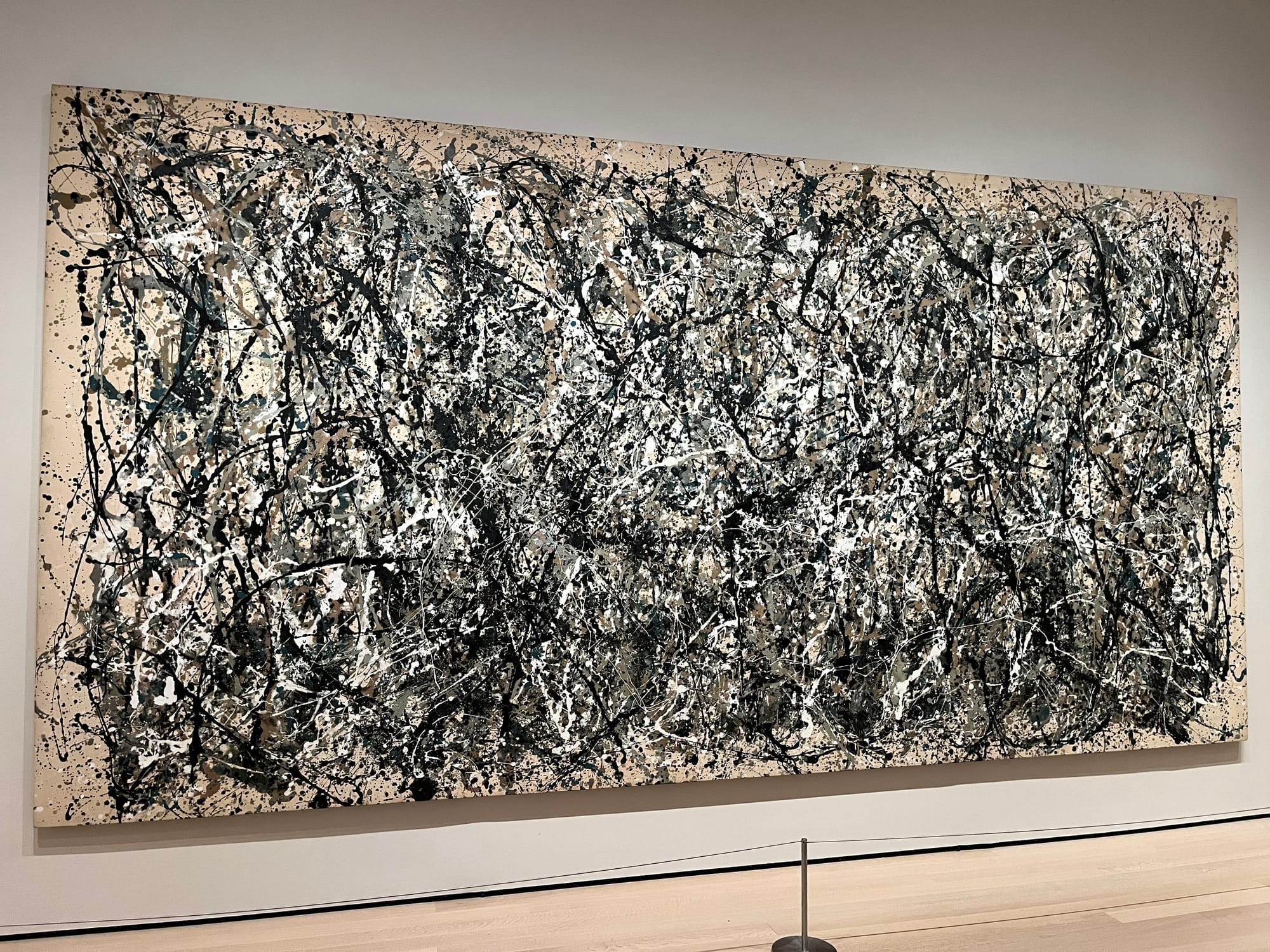
I’m a champion of journalism and science, but I’m not naïve to the fact that trust in journalism can erode. It can be attacked. It can be bought by billionaires. It is also bound by the pretty strict principle of being based in reality.
Art is not bound by the same limitations, yet it can be just as powerful. It can motivate an entire society.
Picasso argued that “art is a lie that reveals the truth.”
Artists can explain the human condition in a way that even the best journalists or scientists cannot. Art can cut through the noise in a way that science and facts alone do not.
‘2001: A Space Odyssey’ is not memorable because it has some remarkably accurate depictions of physics. It’s memorable because it features a murderous robot, and how one man defeats it. It’s about how humanity faces the cruel irony of its technological progress.
‘The Handmaid’s Tale’ is shockingly relevant 40 years after its publication because it is, among many things, a spot-on warning on the dangers of unchecked authority and religious fundamentalism.
Today, there is a danger of art becoming sanitized to acquiesce with autocracy vis-a-vis commercialism. This doesn’t happen overnight. It’s subtle at first, removing uncomfortable topics here, and rewording something there. But it’s been happening for years. People justify these shifts as “trying not to preach.” Or “appealing to a broader demographic.” Axing any mention of climate change from your film (about climate change) because you’re afraid of preaching is in and of itself preaching. The irony is the broader public (89% of them) actually support climate action. Yet here we are.
You have to ask yourself. What is the purpose of my art? Because whether you agree with me or not, there is one. Choosing to say your art is apolitical is political.
Matthew Salesses wrote it best, “Stories have always had a purpose. We can’t afford to pretend they don’t have a purpose, because then their politics becomes to hide their politics, to make a defense of the norms necessary.”
We remember music, movies, and art not because they ‘don’t preach’ to us. But because they reveal truth.
When movies are disingenuously sterile, they inevitably feel the one thing filmmakers don’t want their movies to be: boring.
If you’re still not convinced, again, I point you to Salesses, who argues that it is not necessarily to preach to the unconverted or the powerful, but to create art for the people who are already in your camp but are in need of ‘encouragement.’
People need encouragement to feed whatever it is inside to steel themselves for these difficult times and moments. That is who the art is for. And often an authentic message might sway the unconverted for its clear-eyed analysis.
At no point in my life was my mind ever changed by someone attempting to softball the tone of their message. Rather it was unapologetic honesty through which my opinion was influenced.
We live in a time where it is harder than ever to make a living as an artist. Streaming services have eroded the thin veneer of stability any consistently employed artist may have had. Lots of otherwise privileged artists find themselves in awkward positions, being pressured (or outright censored) into omitting things they normally might not. While this sort of tension has always existed, it’s particularly bad in this moment.
Perhaps executives in positions of power believe they will be spared from the anger of a political machine displeased with their art. I think they’ll be disappointed.
In the meantime, I encourage my fellow artists to push back.
Go authentically, be truthful, and make art.
